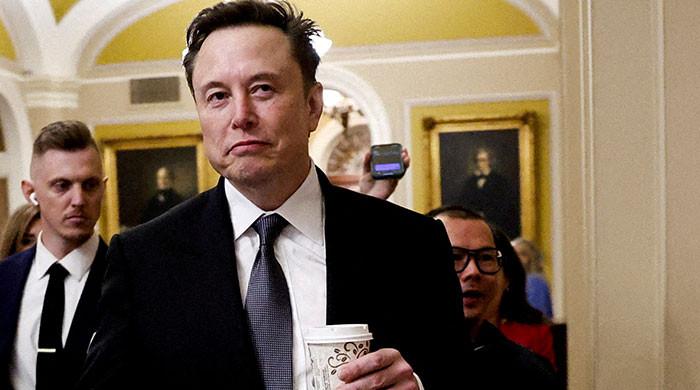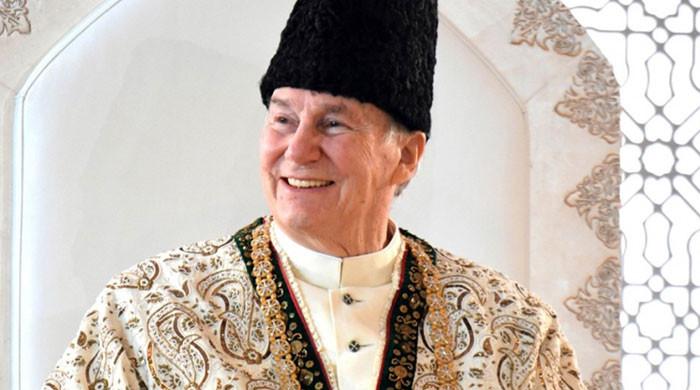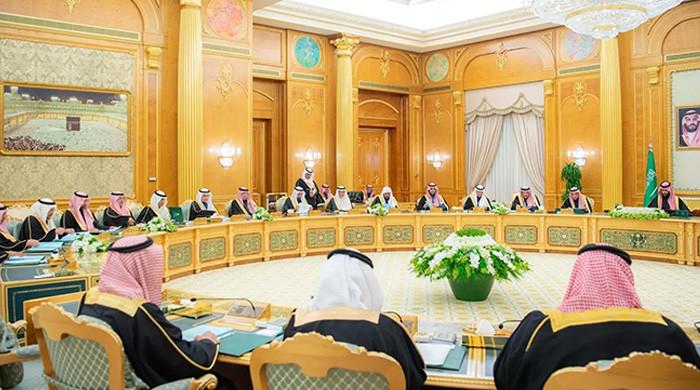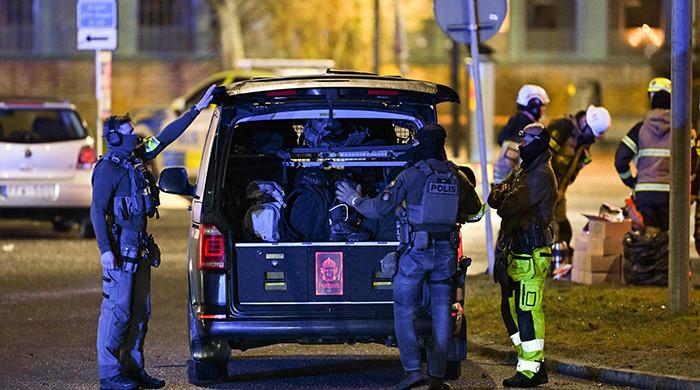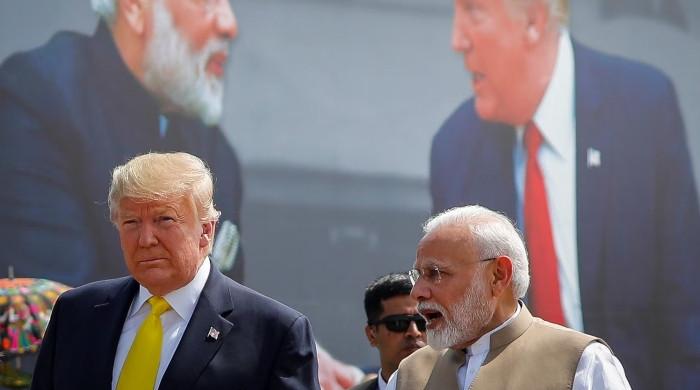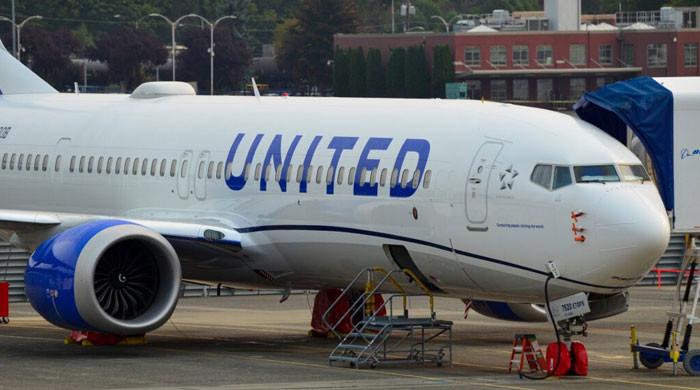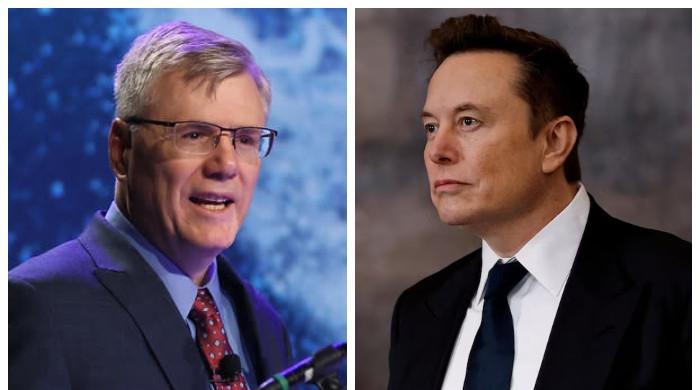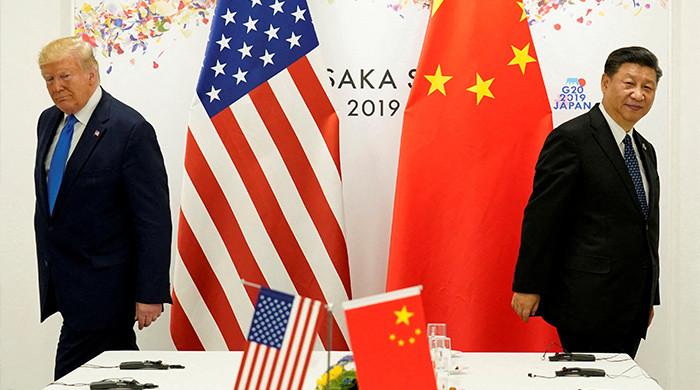Protests after 'chilling' arrest of India rights activist
Activist Teesta Setalvad detained day after India's court rejects lawsuit filed by her challenging ruling that cleared Modi
June 27, 2022
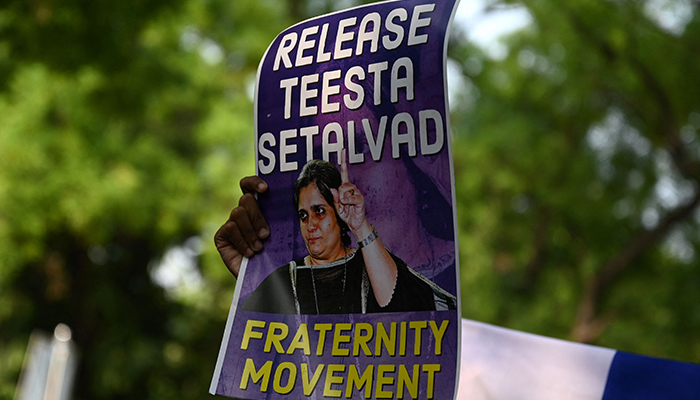
- Protests held in Indian cities over arrest of rights activist.
- Mumbai Press Club expresses "shock and dismay" at arrest.
- Larger protest involving about 150 people takes place in Mumbai.
NEW DELHI: Protests were held in several Indian cities Monday over the arrest of a rights activist who attempted to have Prime Minister Narendra Modi declared complicit in deadly sectarian riots 20 years ago.
One of India's worst outbreaks of religious violence saw at least 1,000 people — mostly Muslims — hacked, shot, and burned to death in Gujarat when Modi was premier of the western state in 2002.
Activist Teesta Setalvad was detained on Saturday, a day after India's top court rejected a lawsuit filed by her and her NGO challenging a ruling that cleared Modi over the bloodshed.
Hindu nationalist Modi, who ran Gujarat from 2001 until becoming Indian prime minister in 2014, was briefly subject to a travel ban by the United States over the violence.
The unrest began after 59 Hindus died in a fire on a train returning from one of Hinduism's most sacred sites. Thirty-one Muslims were convicted of criminal conspiracy and murder over the incident.
Setalvad was a co-petitioner in the appeal to the Supreme Court filed by Zakia Jafri, the widow of a former lawmaker, Ehsan Jafri, who was killed in the riots.
"I am not a criminal," Setalvad shouted to waiting journalists Saturday after anti-terrorist police detained her for alleged criminal conspiracy, forgery and placing false evidence in court.
The Mumbai Press Club expressed "shock and dismay" at the arrest, calling for an end to the "politics of vengeance".
"Setalvad and others, who lent their voice to the victims of communal violence in 2002 and after, have now been made scapegoats in a chilling process of vendetta unleashed by the executive and judiciary," the organisation said.
Mary Lawlor, the UN special rapporteur on human rights defenders, said she was "deeply concerned".
"Teesta is a strong voice against hatred and discrimination. Defending human rights is not a crime. I call for her release and an end to persecution by #Indian state," Lawlor tweeted.
"It's not just politically motivated, it's beyond that. It is a fascist mindset," said Balan, 60, one of several dozen lawyers and activists protesting in Bangalore on Monday. He declined to give his last name.
"Whoever is working for the people, who are working for the downtrodden communities, (the government) treats this as a crime," Balan added.
A larger protest involving about 150 people took place in Mumbai and a smaller one in New Delhi.




